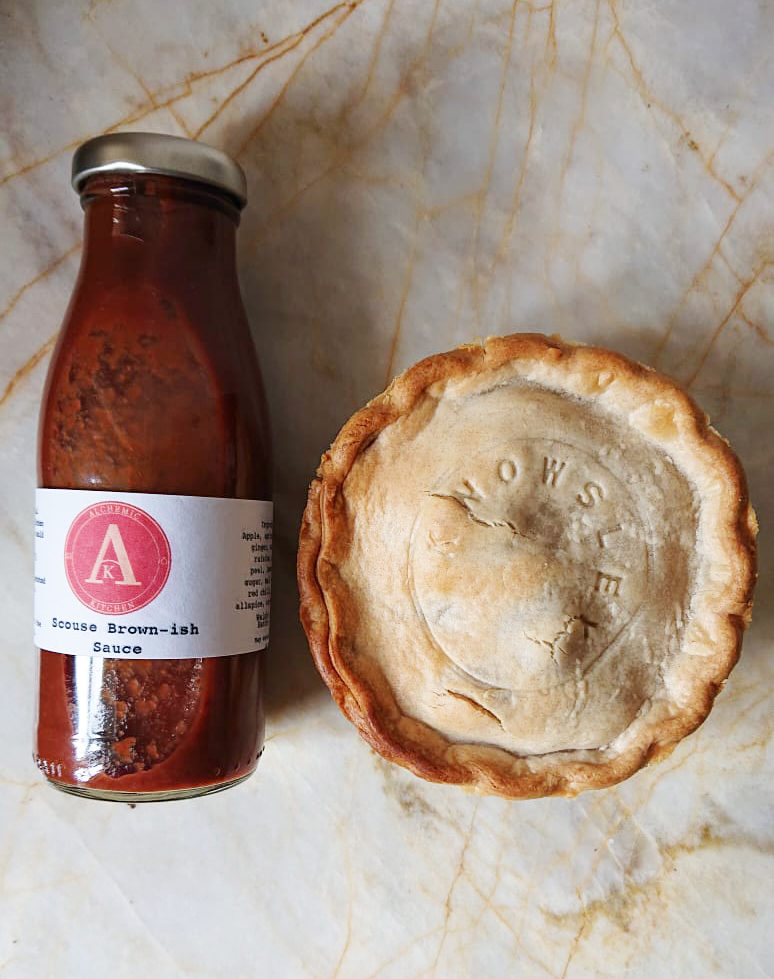Can pheasant be a sustainable option?
In the UK around 25 million pheasants are reared every year (BIORXIV, 2019). This can be highly resource intensive and disruptive to existing wildlife. On average it costs around £30 to rear one pheasant, which goes on to retail for around £5. The gap in income is covered by the fees paid by visitors to the estates on which shoots are held. Under normal circumstances the main outlet for pheasants and other game, including venison and partridge, is fine dining restaurants. Due to the closure of restaurants because of Covid19, much of the game shot this year has gone to waste.
This is where Alchemic Kitchen step in. We are working with Homebaked Anfield, a community run bakery, to develop a Knowsley Pie.
We feel that game that is shot should not go to waste. It is difficult to calculate the number of pheasants that go uneaten. The commercialisation of game shooting has resulted in a huge increase in the number of pheasants reared in the UK. Indeed, there has been a 900% increase between 1960- 2010 (Robertson et al, 2017). Market demand for pheasant has not evolved to keep up with the supply resulting in a large surplus. We should not let this meat go to waste!
Local pheasant vs. soya fed chicken
In certain circumstances there can be environmental and health benefits to game. Pheasants, for example, are high in protein and low in cholesterol. They are usually free range and have very low antibiotic intake. Furthermore, in the case of Knowsley pheasants they are locally reared and fed on barley or foraged grain rather than soya. This contrasts with sharply with the industrialised production of chicken which relies heavily on imported soy and high levels of antibiotic use.
Game is often overlooked in the debate surrounding sustainable protein sources. It is considered to be elitist and inaccessible to most consumers. Many at-home cooks do not feel comfortable preparing game which can have an inconsistent taste or texture and can contain shot. This has created a barrier to mainstream uptake despite the fact that game is in many cases affordable, lean, local and tasty.
The Knowsley Game Pie will form part of circular food economy. This model aims to close the gap between production and demand to reduce waste and support local economies (Feedback). As a country we have a strong tradition of game pies, indeed some of the earliest English recipes contain pheasant mixed with spices and nuts. Our modern take on the game pie will be available through Liverpool Independent Delivery Service and will be distributed as meal support through Knowsley Kitchen. We have worked closely with Homebaked to ensure that the finished product is delicious and affordable.
Get your pie here.

